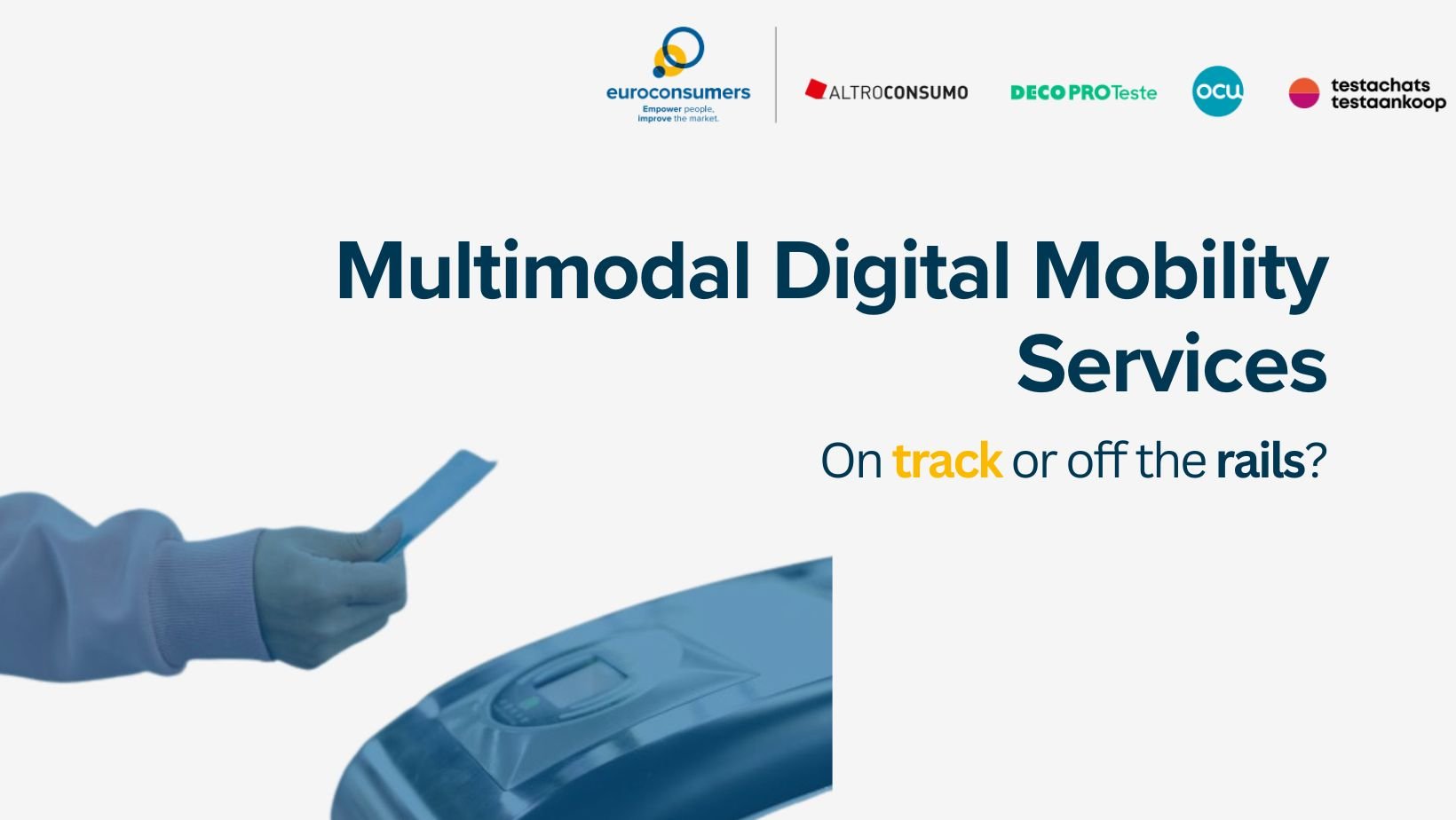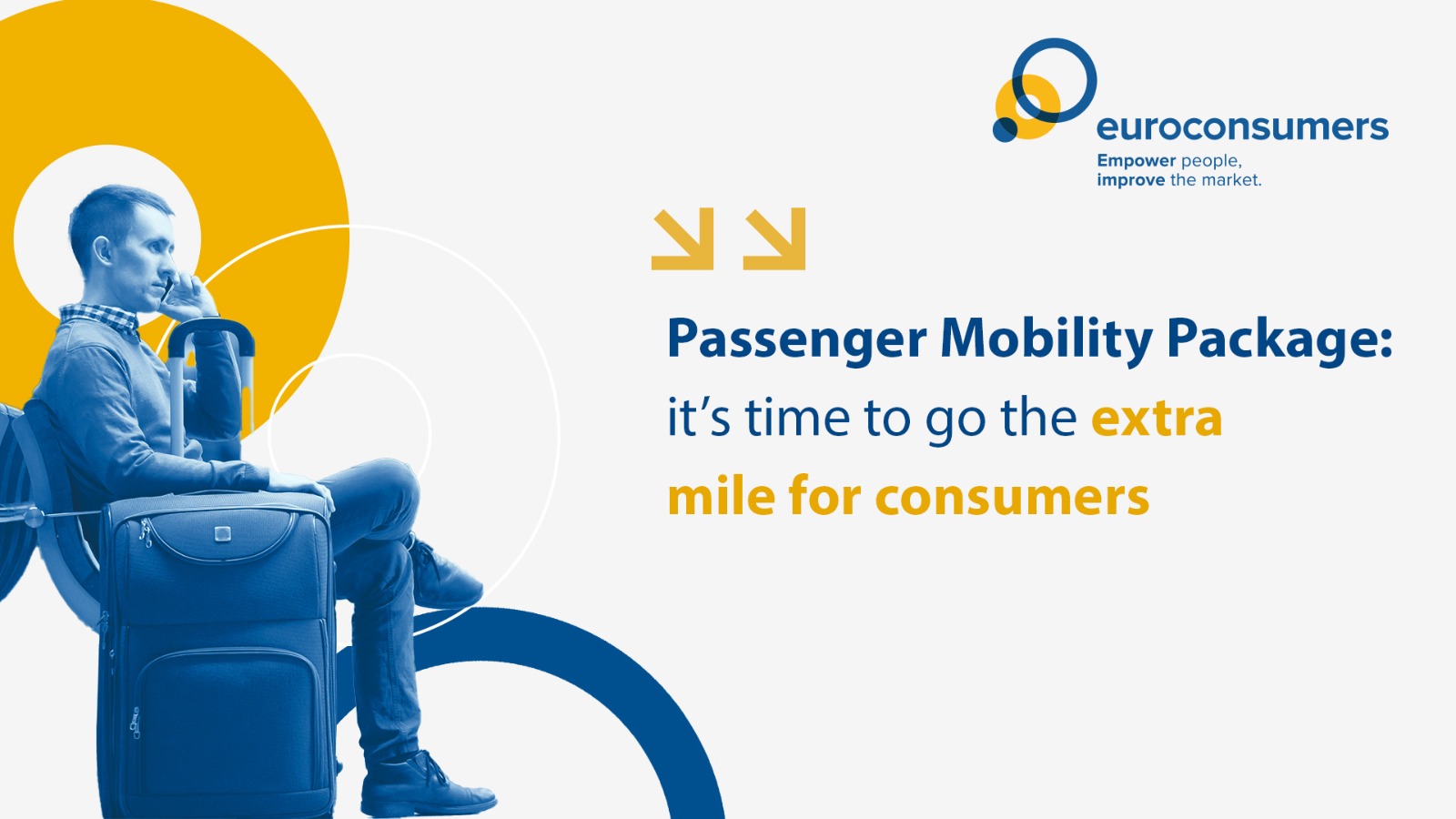Stronger rules are required to make sure rules are respected and followed to the letter and spirit of the law in the travel sector.
- Multimodal passenger rights to be fully realised
New multimodal passenger rights aim to close gaps in protections for consumers who use a combination of different operators or modes of travel in one journey.
Making multimodal journeys simpler and more appealing is a key aim of the EU’s strategy to get more people using public transport. A new Multimodal Digital Mobility Service is tackling this by trying to open up data and information flows so it is easier for consumers to book and track connecting travel between different modes of public transport.
The Passenger Mobility Package deals with what happens if something were to go wrong – for example, if a delay or cancellation or liquidation of one of the companies involved impacted the whole journey.
It splits multimodal journeys into different categories. There are journeys that might be booked as a single contract with one supplier, or through an intermediary who might use several separate contracts to make up the product.
It’s here that complications with the proposed measure start as different types of contract give consumers different protections. Basic, consistent passenger rights on information, care, assistance and re-routing should be introduced for all types of combined journeys. As it’s currently written, these rights only apply if there is a single contract (i.e. all tickets on a single contract) but not if several separate contracts (tickets) purchased from a single intermediary.
We’re left with a bizarre situation where an online intermediary booking site selling tickets via a separate contract will comply with the law by simply informing you that you have no protection.
- Good news on online booking intermediaries
There’s slightly better news on intermediaries with new initiatives to establish clear refund rules. These will stop consumer claims and complaints being endlessly passed back and forth between the carrier and the intermediary which will help consumers get quicker redress.
Passenger Mobility Package needs to be strengthened
The package contains some wins for consumers, which are a positive response to the financial losses and difficult stresses of travel during times of crisis. There’s some welcome changes on intermediaries and single contract multimodal transport, although many complexities and gaps remain.
Likewise, new ideas for improving enforcement and redress are of course welcomed but are not going to be enough to improve consumer confidence and protection. We still think the airlines and travel companies will be able to fall back on delaying tactics to deny consumers’ what they are owed.
Finally, the glaring omission of insolvency protection for airline passengers and the weak changes proposed on consumer cancellation rights will disappoint the thousands of consumers who are left out of pocket each year.
Euroconsumers and all of its members are tired of dealing with these large, multinational companies who year on year create so many problems for consumers.
We will be pushing hard to make sure these elements are strengthened to make companies go the extra mile to treat consumers fairly.






